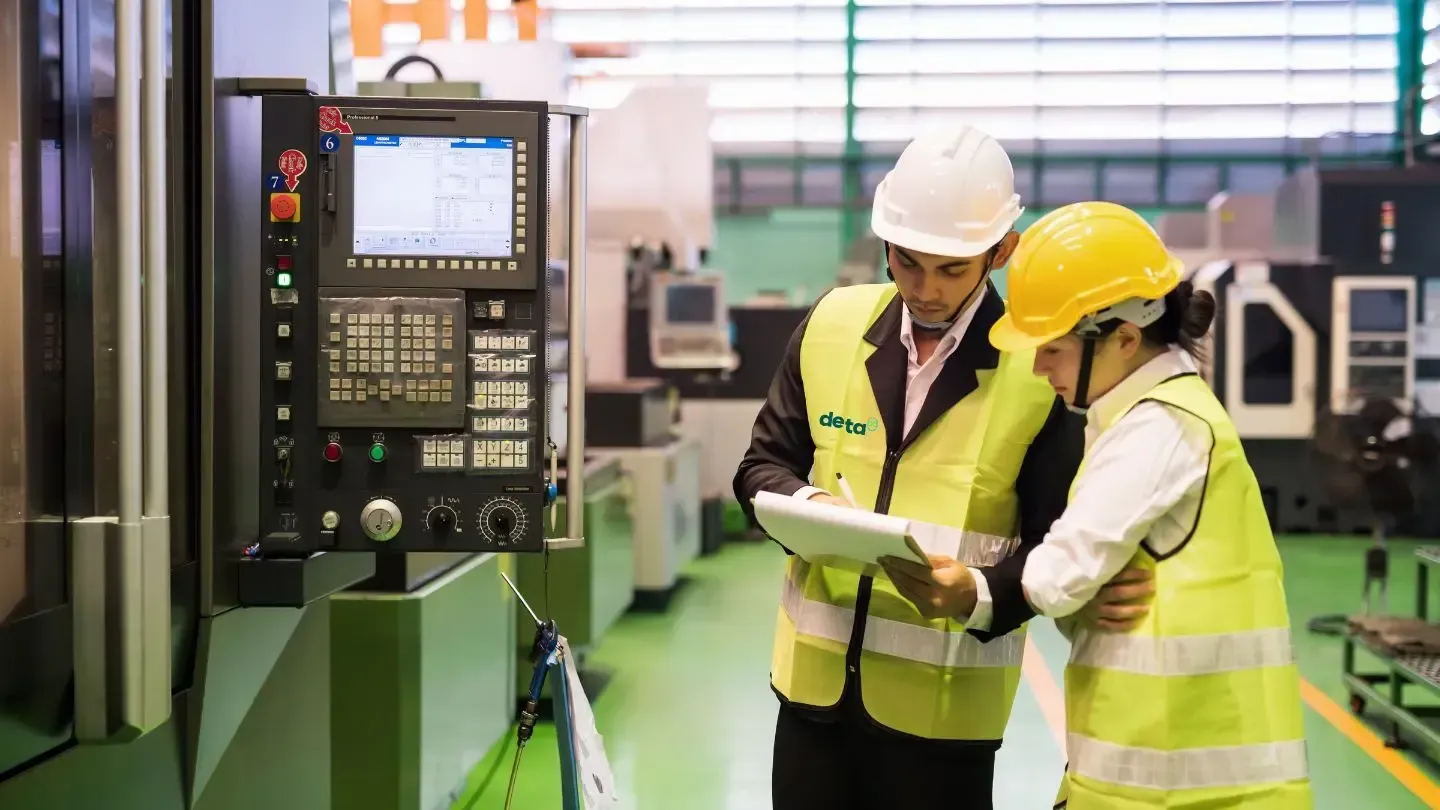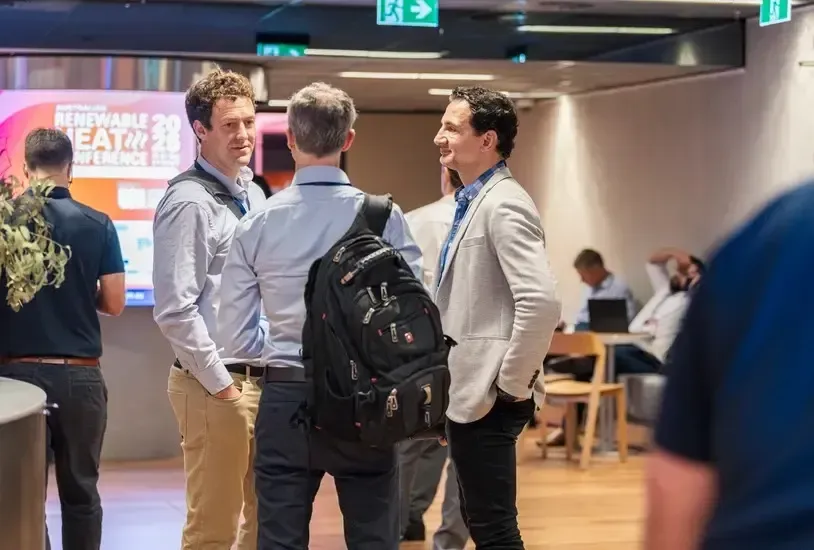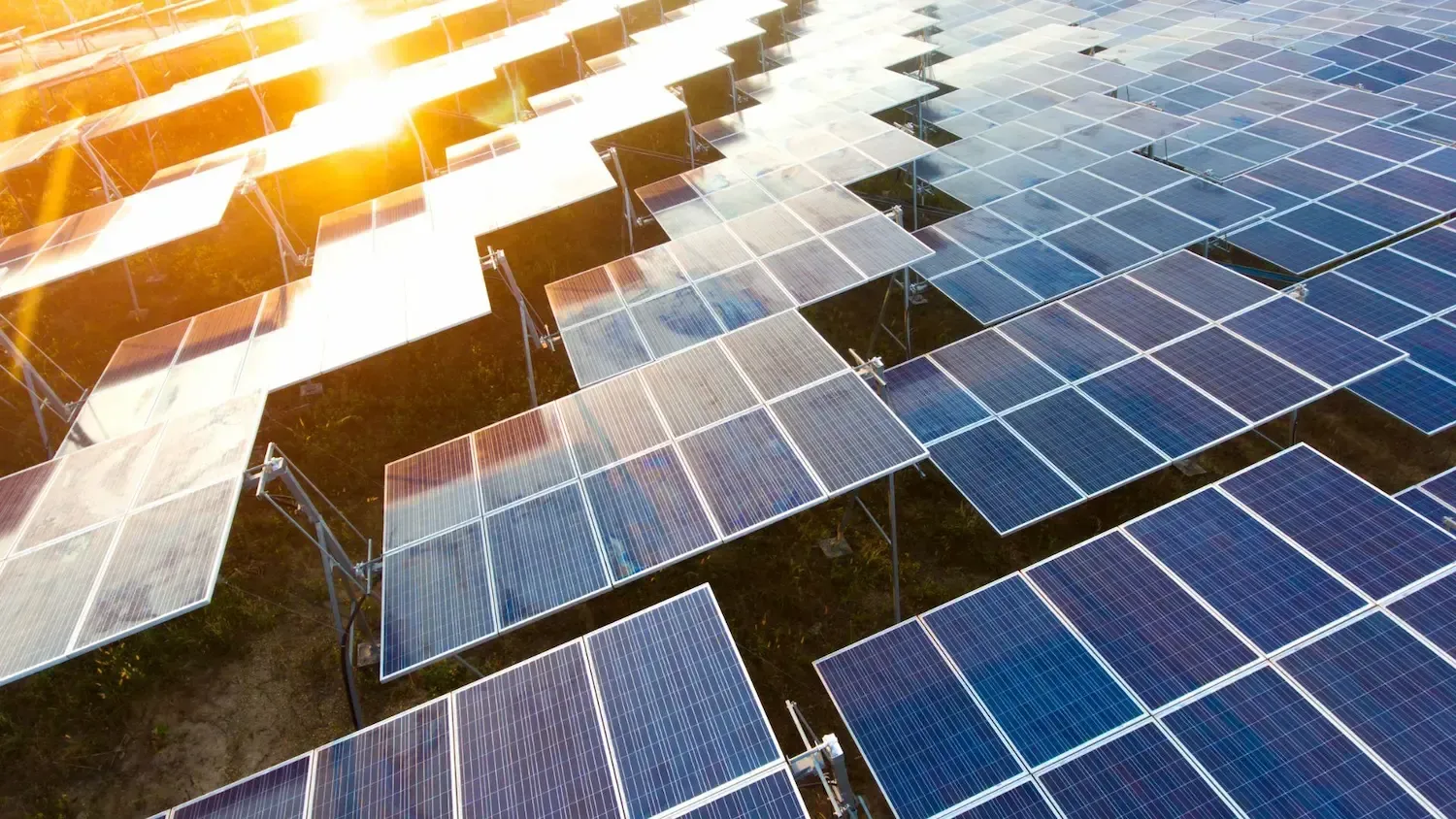Manufacturing optimisation: the pursuit of production process excellence
In today's economic climate, manufacturing businesses across Australasia face a challenging paradox. While market pressures demand greater efficiency and sustainability, many organisations are putting large infrastructure projects and major capital works on hold due to budget constraints and economic uncertainty. However, this period of fiscal caution presents an unexpected opportunity – the perfect time to focus on manufacturing optimisation through process excellence and operational refinement.
Rather than waiting for economic conditions to improve before pursuing efficiency gains, forward-thinking manufacturers are discovering that small, strategic changes to existing processes can deliver significant benefits. This represents a shift from the traditional mindset of requiring substantial capital investment to achieve meaningful improvement.
The hidden potential in process optimisation
Manufacturing optimisation isn't exclusively about revolutionary overhauls or expensive new machinery. It's about conducting a systematic war on waste while maximising the potential of existing resources. Every manufacturing facility harbours untapped efficiency opportunities – from energy consumption patterns that haven't been scrutinised in years to production workflows that evolved organically but were never formally analysed for optimal performance.
The beauty of process optimisation lies in its accessibility. Unlike major infrastructure projects that require capital approval and extended implementation timelines, process improvements can often be implemented quickly with minimal upfront investment. These changes compound over time, creating lasting cost reductions and operational improvements that directly impact the bottom line.
In a typical manufacturing facility, examples of issues that may be simply rectified include:
- Addressing variations in process efficiency throughout the day by optimising equipment performance
- Identifying and managing fluctuating energy consumption without clear patterns
- Recovering valuable materials from waste streams
- Resolving workflow bottlenecks that lead to cascading inefficiencies
Each of these represents an opportunity that, when addressed systematically, can significantly improve performance.

Energy management: the foundation of manufacturing excellence
Energy is one of the most significant controllable costs in manufacturing operations, yet it is often the least understood. Professional energy audit services can reveal consumption patterns that surprise even experienced facility managers. These thorough assessments examine everything from major equipment efficiency to seemingly minor factors like compressed air leaks, lighting systems, and HVAC optimisation.
Energy efficiency consultants bring specialist knowledge and advanced measurement tools to provide unprecedented visibility into energy consumption patterns and can identify immediate opportunities for energy cost reduction as part of longer-term strategies for sustainable energy management. This dual approach helps businesses capture quick wins while reinforcing the foundations for ongoing efficiency improvements.
Energy management is about more than simply cutting costs. Today’s energy efficiency services include demand management, power factor correction, optimised equipment scheduling, and planning for renewable energy integration. Together, these elements form a complete energy strategy that not only lowers expenses but also improves operational resilience.
Carbon management: elevating compliance into competitive advantage
With thanks to environmental regulations being tightened globally, carbon management is an operational necessity rather than an optional sustainability initiative. However, businesses that approach carbon reduction strategically discover it's possible to achieve compliance requirements while simultaneously reducing operational costs.
Comprehensive carbon management services begin with a detailed carbon footprint assessment, quantifying emissions across all operational areas. This baseline enables the development of targeted decarbonisation services that prioritise high-impact, cost-effective interventions. Rather than viewing carbon reduction as a cost centre, optimised approaches identify opportunities where environmental improvements align with operational efficiency gains. Click here to download a free carbon roadmap guide.
Carbon reduction management encompasses everything from process modification and equipment efficiency improvements to waste heat recovery and energy source optimisation. When included within the context of a professional carbon management strategy, these initiatives are sequenced and prioritised to maximise both environmental and financial returns.

Process engineering: maximising existing infrastructure
While purchasing new equipment remains on hold for many businesses, process engineering services can extract significantly more value from the existing infrastructure. Professional process engineering consultants apply systematic analysis to identify bottlenecks, inefficiencies, and improvement opportunities within current operations through workflow analysis, equipment utilisation studies, and the systematic identification of process constraints. The harvested data enables targeted interventions to increase throughput, improve quality, and reduce waste without requiring major capital investment.
Process optimisation is not limited to production equipment, rather it also includes material handling, quality control systems, maintenance scheduling, and operator workflow efficiency. Each element offering real potential for improvement to edge towards operational excellence.
Water and waste: hidden opportunities for resource recovery
Water consumption and waste generation are often overlooked for cost reduction and environmental improvement. Professional wastewater management services identify opportunities for the treatment, recycling, and recovery of waste streams, transforming them from a necessary cost into sources of revenue.
For example, waste stream analysis can reveal valuable materials that are being unnecessarily discarded when process modifications can capture them. Wastewater consultants who understand both the regulatory landscape and the technology can design integrated solutions that address compliance requirements while maximising resource recovery opportunities.
DETA: driving practical sustainability from insight to impact
Successful manufacturing optimisation begins with assessments conducted by experienced sustainability consultants to provide unprecedented visibility into operational performance. The assessment phase typically encompasses energy audit and management, process efficiency analysis, waste stream evaluation, and carbon footprint assessment. DETA’s holistic approach ensures no improvement opportunity is overlooked at every stage of the manufacturing process.
Following our assessments, professional industrial project management ensures implementation proceeds efficiently and delivers promised results. DETA’s experienced project managers coordinate multiple improvement initiatives, manage stakeholder communications, and track progress against established metrics.
Manufacturing optimisation isn't about major capital investment or revolutionary change – it's about systematic pursuit of excellence through strategic process improvement. In today's environment, this approach offers the perfect combination of accessible implementation and measurable results that every manufacturing business needs to thrive.
As businesses across New Zealand, Australia, and the Pacific face growing pressure to cut energy costs and lower carbon emissions, the value of experienced sustainability consultants has never been greater. DETA’s multidiscipline team of sustainability experts understand both the technical aspects of manufacturing optimisation and the practical realities of implementation in operational facilities. Together we achieve excellence.
We are currently delivering projects across Aotearoa New Zealand, Australia, and the Pacific. If you are ready to take your business to the next level, contact your local DETA team today, we’ re with you every step of the way.





